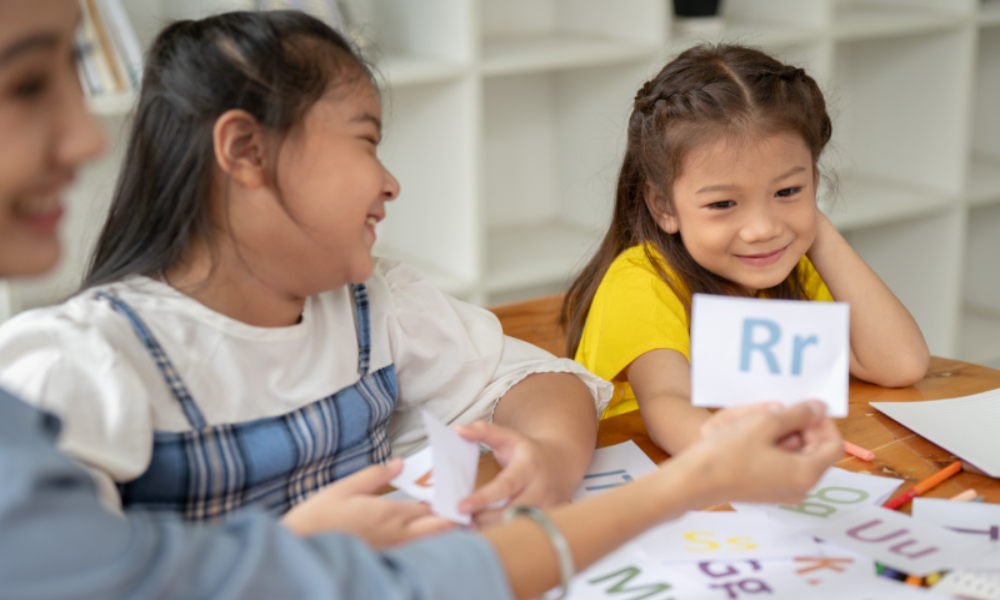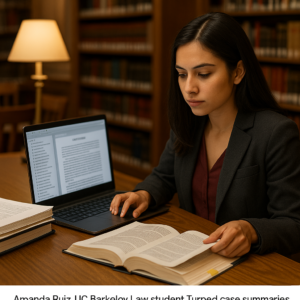
Children gaining early engagement with a language is now critical, particularly in Singapore, a region characterised by its multilingual nature and the prevalent use of Mandarin. A Chinese enrichment program for preschool-aged children can establish this solid basis for future language acquisition.
Discover what one can anticipate from a high-calibre Chinese enrichment class for preschoolers and learn how these centres facilitate language development.
7 Things You Can Expect from a Chinese Enrichment Class for Preschoolers
1. Focus on Fundamental Language Skills
A Chinese language centre specialising in preschool enrichment often structures its curriculum around building a solid base in fundamental language skills. This curriculum includes vocabulary acquisition, basic pronunciation, and early writing skills. Children are introduced to commonly used words and phrases, focusing on both recognition and pronunciation. Teachers incorporate repetition, listening exercises, and simple conversations to ensure young learners retain new vocabulary.
At this stage, children also start recognising simple Chinese characters, learning how to write them, and understanding their meanings. Preschool Chinese tuition emphasises oral skills to build confidence, enabling children to form basic sentences by the end of the program. Expect to see structured lessons that ensure your child becomes familiar with essential vocabulary, pronunciation, and character recognition.
2. Interactive and Play-Based Learning Methods
Most Chinese enrichment classes for preschoolers use interactive and play-based methods to engage children effectively. Given their young age, preschoolers have shorter attention spans, so activities are designed to be engaging and educational. Expect storytelling sessions, songs, and games that incorporate Chinese language elements, helping children learn without the pressure of conventional classroom settings.
Role-playing activities and flashcards are also commonly used, as these techniques are known to boost memory retention. The learning process remains enjoyable while promoting participation, which is critical for language acquisition. Through these interactive methods, children build a positive association with the language, setting the stage for more in-depth learning as they progress.
3. Emphasis on Listening and Speaking Skills
Listening and speaking are essential components of any Chinese enrichment class. Children are encouraged to listen to native Mandarin speakers, helping them grasp the nuances of pronunciation and tone. Classes often incorporate listening exercises and guided speaking practices to build confidence in using foundational phrases.
Chinese language centres often employ native-speaking teachers who use clear, correct pronunciation to model Mandarin for young students. Teachers frequently engage students in simple dialogues, asking them questions and prompting them to respond. Through this, preschoolers improve their listening skills and gain confidence in speaking Mandarin.
4. Structured Curriculum with Gradual Progression
The curriculum in a high-quality Chinese enrichment class for preschoolers is structured to allow gradual progression. Initially, the focus is on understanding single words and simple phrases. As the children progress, the curriculum shifts to include sentence construction and character recognition. The structured approach ensures that children build on prior knowledge, gradually introducing new elements of the language.
Classes are typically organised at progressive levels, allowing children to advance comfortably. This structured learning approach ensures the children aren’t overwhelmed and can gain confidence at each stage.
5. Supportive and Qualified Teachers
A core factor in a successful Chinese enrichment program for preschoolers is the quality of the teachers. Reputable centres employ qualified educators with expertise in early childhood education and Mandarin language skills. Teachers trained to work with young children understand the importance of patience and encouragement, ensuring a positive learning experience.
Teachers often provide individual feedback to each child and adjust lessons based on their specific learning needs. This support system helps ensure no child feels left behind and each can learn effectively in a group setting.
6. Cultural Exposure Through Language Learning
One unique aspect of Chinese tuition for preschool is that many programs integrate cultural elements into language learning. Preschoolers learn Mandarin and also gain exposure to Chinese culture, traditions, and festivals. For example, children might learn songs associated with the Lunar New Year or participate in simple arts and crafts related to Chinese cultural themes.
Learning about cultural elements alongside the language lets children gain a broader understanding, helping them connect better with their surroundings.
7. Progress Tracking and Feedback for Parents
Many Chinese language centres provide regular progress updates and feedback for parents. These reports detail the child’s strengths, areas for improvement, and any challenges they may be facing. This feedback allows parents to understand their child’s progress and provides insight into how they can support learning at home.
Some centres also offer brief one-on-one sessions with teachers to discuss the child’s progress in more detail. This open communication ensures that parents are kept in the loop and can actively participate in reinforcing language skills at home.
Conclusion
Selecting an appropriate Chinese enrichment class for preschool-aged children requires thoroughly comprehending the program’s framework and methodology. There is a significant focus on essential language skills, engaging learning techniques, and a gradual advancement that establishes a solid basis for successful language learning in Singapore Chinese language centres. With experienced educators and culturally enriching activities, Chinese tuition for preschoolers fosters language growth and offers a constructive early educational experience.
Contact Tien Hsia to give your child a head start in mastering Mandarin!



